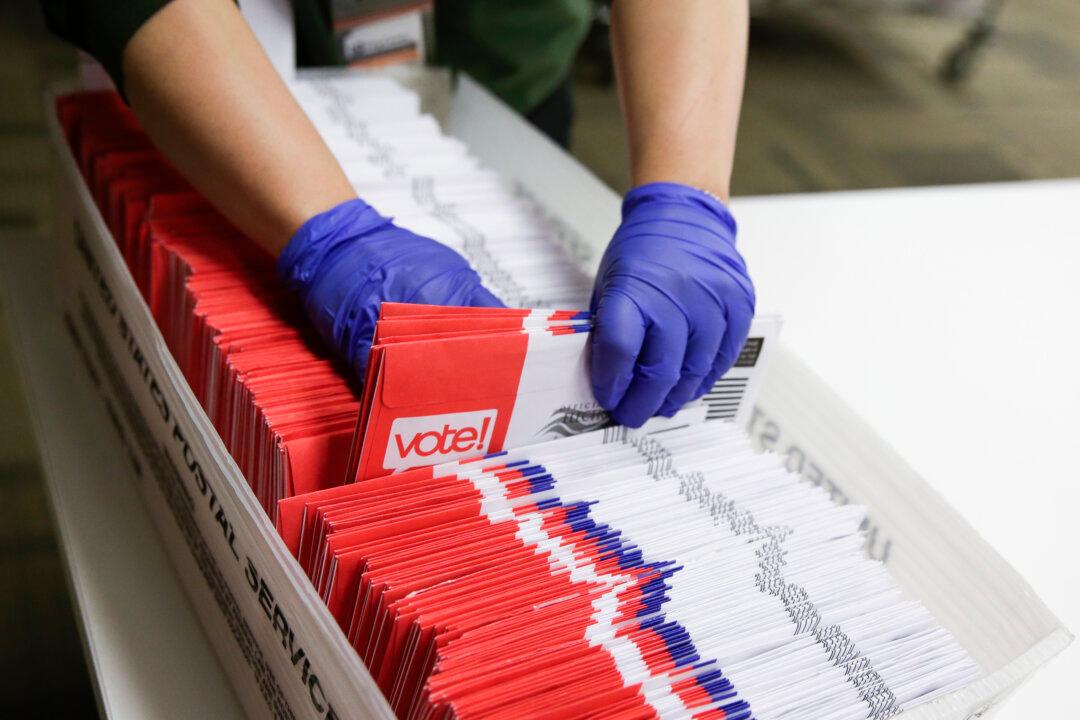Vote-by-mail elections that require all registered voters to receive mail-in ballots may become permanent in California following the introduction of a new proposed bill in the State Assembly.
The California Assembly Committee on Elections recently voted 6–1 to refer Assembly Bill 37 (AB 37) to the Appropriations Committee, moving it forward in the legislative process. The bill would mandate that all state voters receive vote-by-mail ballots for all elections, a practice implemented in the 2020 general election in conjunction with the COVID-19 pandemic.





